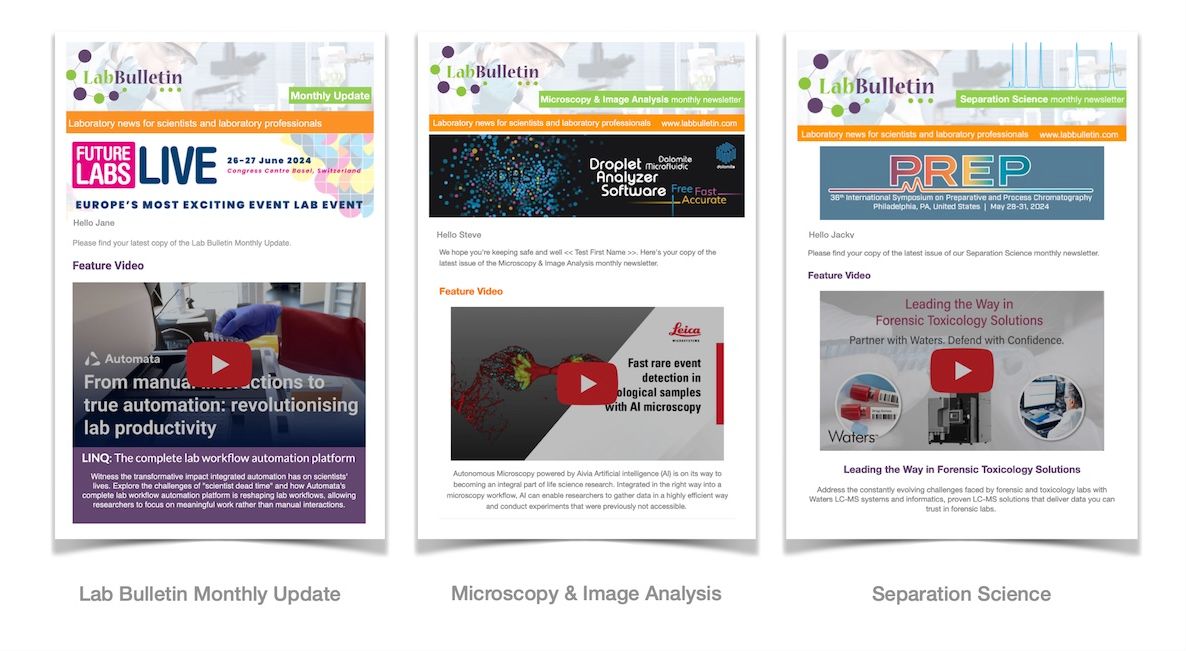Members Login

Channels
Special Offers & Promotions
Insulin Dosage for Type 2 Diabetes Linked with Increased Death Risk
Analysis of thousands of NHS records has uncovered a link between an increased dosage of insulin in the treatment of type 2 diabetes and a heightened risk of death in patients.
In a report published today in the journal of Diabetes, Obesity and Metabolism, researchers from Cardiff University were also able to show a correlation between patients treated with a higher dosage of insulin and a raised risk of cancer development, heart attacks and stroke.
Researchers identified these trends by scrutinizing the medical history of 6,484 patients with type 2 diabetes extracted from the UK Clinical Practice Research Datalink (CPRD). Patients were on average aged 64 at the beginning of the study in 2000, and were followed for an average of 3 years from their first exposure to insulin.
Given that the study was retrospective, researchers were unable to know the exact insulin dosage that each patient had received during their treatment. Researchers used a method of calculating insulin dose per day based on the quantity of insulin prescribed and patients’ bodyweight.
According to the researchers, one way of reporting the study results is to divide the cohort in to four patient groups, defined by the dose of insulin received, ranging from below 0.5 units per kilogram of bodyweight per day, up to doses exceeding 1.5 units.
“When compared to patients who received doses of less than 0.5 units, our findings indicate that patients receiving doses of between 1 to 1.5 units and more than 1.5 units were associated with a much greater death rate over time,” says Principal Investigator, Professor Craig Currie, from Cardiff University School of Medicine.
“An estimated 15% of patients taking a dose of between 1 and 1.5 units had a 40% increased risk of death compared with the under-0.5 unit group, and the 5% of patients receiving more than 1.5 units had a 75% increased risk of death when compared with the same group.”
Professor Currie says that the reasons behind the findings are not entirely clear. In the paper, he does however cite a number of possible reasons as to why a link exists between the insulin dosage of people with type 2 diabetes and an increased risk of death and cancer.
The paper highlights previous studies which suggest that insulin has growth-promoting effects that could be to blame for an increased rate of tumour development and detection, while other investigations have linked higher insulin doses with harmful side-effects such as thickening of the arteries and severely irregular heart rhythms.
Keen that the significance of the findings should not be overstated, Professor Currie cautions:
“It’s plausible that patients on higher doses of insulin had pre-existing illnesses before they started on insulin, which could account for the spike in instances of death and cancer.
“Retrospective observational studies can only convey possible associations with adverse events such as these. It is also important to note that these findings do not relate to type 1 diabetes. These patients are typically much younger and absolutely require insulin.
“What this study does show is a need for prospective randomized controlled trials to investigate the cause behind these patterns to provide conclusive evidence as to the real effect insulin is having on the thousands of patients who rely on glucose controlling medication.”
Of the 6484 patients whose records were analysed, 1110 patient deaths were recorded, as were 352 first major cardiovascular events and 382 cases of newly diagnosed cancer.
Insulin is an injectable medication used to lower blood glucose levels in type 1 and type 2 diabetes, taken in tandem with other medications or as a single therapy. This study looked at patients with type 2 diabetes who administered insulin as their only treatment for the condition.
Media Partners


